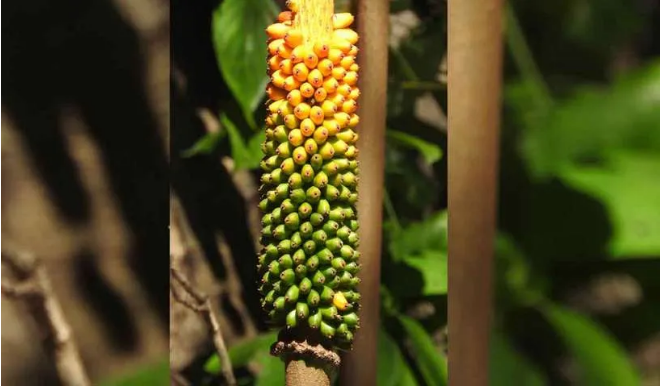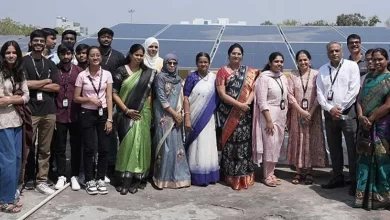You may soon grow plants without the sunlight: A new study reveals

Hyderabad: The rise in global population, climate change, poverty, poor harvest, and escalating conflicts between countries are a few factors contributing to food insecurity. To overcome the problem of food insecurity, scientifically advanced countries are striving hard to find alternate ways to increase crop production.
In their effort to do so, scientists seem to have found an alternate route to grow plants with the help of an artificial photosynthesis system.
Sunlight is crucial for plants as they need energy produced from the light to make their own food & nutrients. This process of making food is called photosynthesis. But here, researchers are using artificial photosynthesis to grow plants.
It sounds futuristic and impracticable, but in reality, scientists are working on something like that.
A study, published in June 2022 in Nature Food journal, by researchers from UC Riverside and the University of Delaware, showed that food plants can be grown in darkness, in the absence of sunlight, with artificial photosynthesis.
As per the peer-reviewed article, the researchers were able to grow algae, yeast, and mushroom-producing fungus using the new technology.
The researchers developed a CO2 electrolyzer system that converts carbon dioxide into a concentrated acetate stream. It is then used to nourish plants in the dark. The electrolyzer converts CO2 and H2O into O2 and acetate using electricity from solar panels.
The scientists performed experiments on nine plants, namely lettuce, rice, green pea, tomato, jalapeño pepper, canola, cowpea, thale cress and tobacco.
According to research, “the algae grew about four times more energy efficient with this method compared to photosynthesis, and yeast was able to be cultivated about 18 times more energy efficient than typical methods involving sugar.’’
“With our approach, we sought to identify a new way of producing food that could break through the limits normally imposed by biological photosynthesis,” said corresponding author Robert Jinkerson, an assistant professor of chemical and environmental engineering at UC Riverside University.
The study also found that nourishing lettuce with too much acetate hampered the growth of the plant. Jinkerson said his team is working on producing plants that can tolerate high levels of acetate through genetic engineering.
This approach of growing plants using artificial photosynthesis can create a game-changing shift in the production of food crops under challenging conditions.







